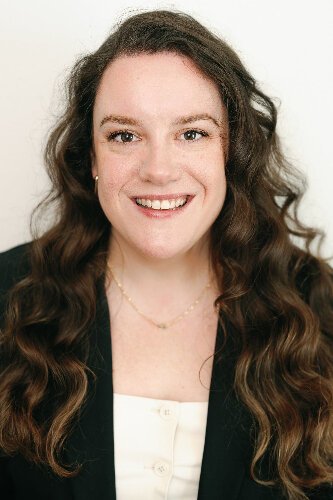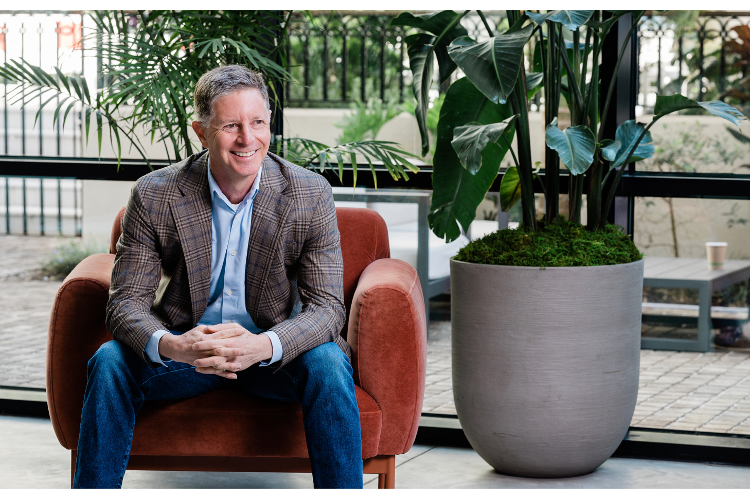Padres de Crianza supports Latino kinship caregivers in Hillsborough County
With funding from the Children's Board of Hillsborough County, Gulf Coast JFCS program Padres de Crianza supports Latino kinship caregivers in Hillsborough County.
You’re the Latino uncle, grandmother or big sister who has taken over raising a relative’s children. You are new to this country, new to Hillsborough County, and you speak little or no English.
How do you learn about the services available to help you?
You contact Padres de Crianza, a year-old program run by Gulf Coast JFCS (Jewish Family and Community Services).

Padres de Crianza Program Manager Tamara Alvarado
“The program is to support families, and ensure they all have the resources they need to keep the children safe and with their loved ones,’’ says Tamara Alvarado, program manager.
Padres de Crianza, which means “the parents who raised you,’’ currently serves 62 caregivers and 111 children from birth through middle school. The program also organizes support groups that have reached 171 families so far.
“The families feel comfortable with us because we speak their language. They feel connected because we are Latinos, too,’’ says Alvarado. “I think that’s really important for them to feel connected and safe and loved.’’
There are a variety of reasons the children’s parents aren’t in the home, she says.
“We see many complex situations in this field,’’ she says. “Maybe the kids’ mommy moved to another state and they are now with grandma.’’
Grandma doesn’t have the resources and doesn’t know how to find help. That’s where Padres de Crianza comes in. The program has three Latino “navigators’’ who meet with the families and advise them on resources. Parents also meet with the navigators in groups. The program helps families with children from birth through middle school and takes 90 to 120 days. A counselor is on staff to help with emotional or behavioral issues.
Funded by the Children’s Board of Hillsborough County, Padres de Crianza offers therapeutic support and guidance; caregiver advocacy; and parenting education by staffers who understand that children experiencing trauma have special needs. The program also helps people make community connections; provides needs assessment and support planning; linkage and referrals for needs; monthly support groups and training; caregiver appreciation events and celebrations; and transition planning.
Help with the children’s education, housing and rent are among the greatest needs, Alvarado says.
They see some real success stories. Alvarado mentions a 19-year-old sister raising her seven siblings and caring for a baby without the father around.
“She has been able to keep all her siblings together’’ in a stable family environment and out of the child welfare system. She has transitioned out of the program, though the navigators follow up to see how she is doing, Alvarado says.
“She’s doing a great job,’’ she says.
Gillian Penn, director of Kinship Services at Gulf Coast JFCS, says the Children’s Board identified these “kinship families’’ as a need in the community and asked the agency to take it on.
“We reach almost 30,000 people annually, and we thought we had the resources to be able to best take on this program,’’ she says. “So we’re grateful to the Children’s Board and their generosity and confidence in us to be able to execute the program.’’
For more information, go to Gulf Coast JFCS or call (727)-910-0738.














